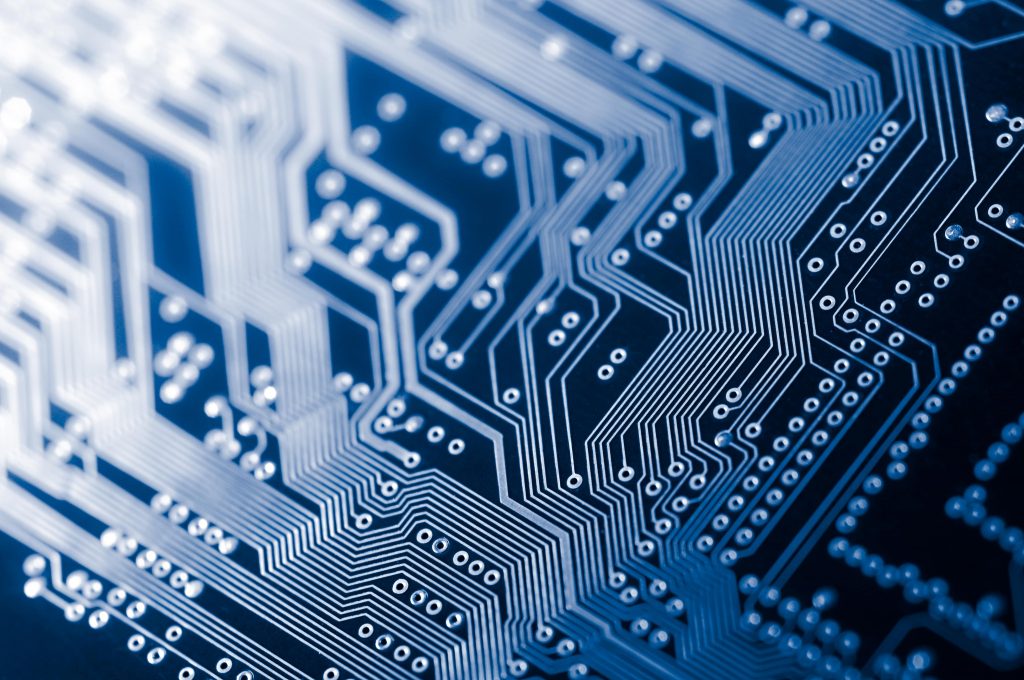Exotic PCB Materials
In recent years, we’ve seen significant technological advancements in computers, mobile phones and other connected devices, as well as a proliferation of electronics in the automotive, aerospace and healthcare industries. As such, the quality of production and the use of exotic substrate materials in printed circuit boards — or PCBs — has never been so driven by the need to innovate. Yesterday’s electronics breakthroughs now quickly become obsolete as new, exciting PCB materials enable everything from lighter, thinner designs to flexible circuits.
Along with the progress of PCB design and the application of exotic substrate materials come fresh challenges and advantages associated with each new material available to electronics manufacturers. Whether you’re tackling high-speed RF/microwave challenges or rugged environments, MCL has the materials expertise you need – like Rogers, polyimide, or ceramic for precision engineering. Trust MCL’s team to refine your laminate and material selections for optimal results.

Why Alternative PCB Materials Are Needed
The primary goal of using alternative PCB materials is to provide higher speeds and densities than were previously unattainable through the use of conventional PCB materials and fabrication techniques. And as these new PCB designs positively impact the semiconductor and electronics industry, their use in everyday devices — from handsets to dashboards — only increases.
Here are some other trends driving the need for alternative PCB materials:
- Advancements in the geometry of semiconductors are outpacing conventional PCB design.
- New semiconductor packaging is creating new routing and density challenges for PCBs.
- To extend battery life, low-voltage systems need new PCBs that can provide better thermal and power management.
- Sharp rises in data traffic — spurred on by internet usage, video streaming, smart phone applications and cloud computing — are behind the need for PCBs with greater speeds and bandwidths.

We are PCB experts. Contact us today to discuss your PCB needs.

Exotic Substrate Materials
It’s often said that the two greatest factors affecting PCB performance are power and heat. The requirements and thresholds of these two factors of your application help determine the right material for your PCB’s substrate.
In addition, the following exotic materials — and the unique advantages each offers — can bring even more advantages to today’s cutting-edge PCB designs:
- Fluoropolymers: PCB substrates made from fluoropolymer resins — also known simply as fluoropolymers — possess an exceptionally high resistance to corrosion, stress-cracking and high temperatures. Moreover, they present a low-friction, mechanically tough material that’s ideal for electrical and cabling applications in the pharmaceutical, biotech and food industries.
- Polyimide: One of the most exciting developments in PCB design is the growing popularity of flexible — as well as rigid-flex — printed circuit boards. These boards are ushering in a new era of PCB applications, as they’re capable of folding and wrapping around other objects. Unlike conventional PCBs, flex boards can be folded while still carrying electrical currents from one side of the board to the other. This new generation of PCBs is often made with a film of polyimide that features exceptional thermal resistance while maintaining its dimensional consistency.
- Acrylic adhesives: Valued for their ability to remain malleable even after curing, acrylic adhesives are another outstanding choice when you’re looking for a good substrate material for various dynamic applications. However, in instances where flame resistance is a priority, acrylic adhesives need the addition of chemical flame retardants to be compliant with UL 94V-0, which can reduce their dynamic abilities. Additionally, at temperatures approaching 180°C, acrylic adhesives can begin to soften, which can lead to delamination of any PCB layers that are in contact with copper vias. Acrylic adhesives also have a coefficient of expansion that tends to be higher than that of other exotic substrate materials.
- Epoxy adhesives: Unlike acrylic adhesives, epoxy adhesives cure hard, which makes them unsuitable for most dynamic applications. However, with a coefficient of expansion that’s fairly low and a strong bond strength, they’re an excellent choice for multi-layer PCB designs that will be exposed to high temperatures in their operating environments. Plus, with robust resistance to chemicals and the ability to absorb moisture, epoxy adhesives make excellent PCB substrates intended for use with sensors that come into contact with moisture — such as in medical and healthcare applications.
- Liquid crystal polymers: Liquid crystal polymers — or LCPs — are a unique type of thermoplastic often used in the manufacture of multi-layer PCBs where thinness is a primary concern. They’re lightweight and flexible, and they possess outstanding electrical properties that make them a prime choice for high-frequency applications — especially where weight and thickness can be an issue.


Millennium Circuits Limited for All Your PCB Needs
Do you want to learn more about exotic PCB materials, or do you have questions about your next project? Contact us today for industry-leading customer service and the high-quality products your applications deserve.

